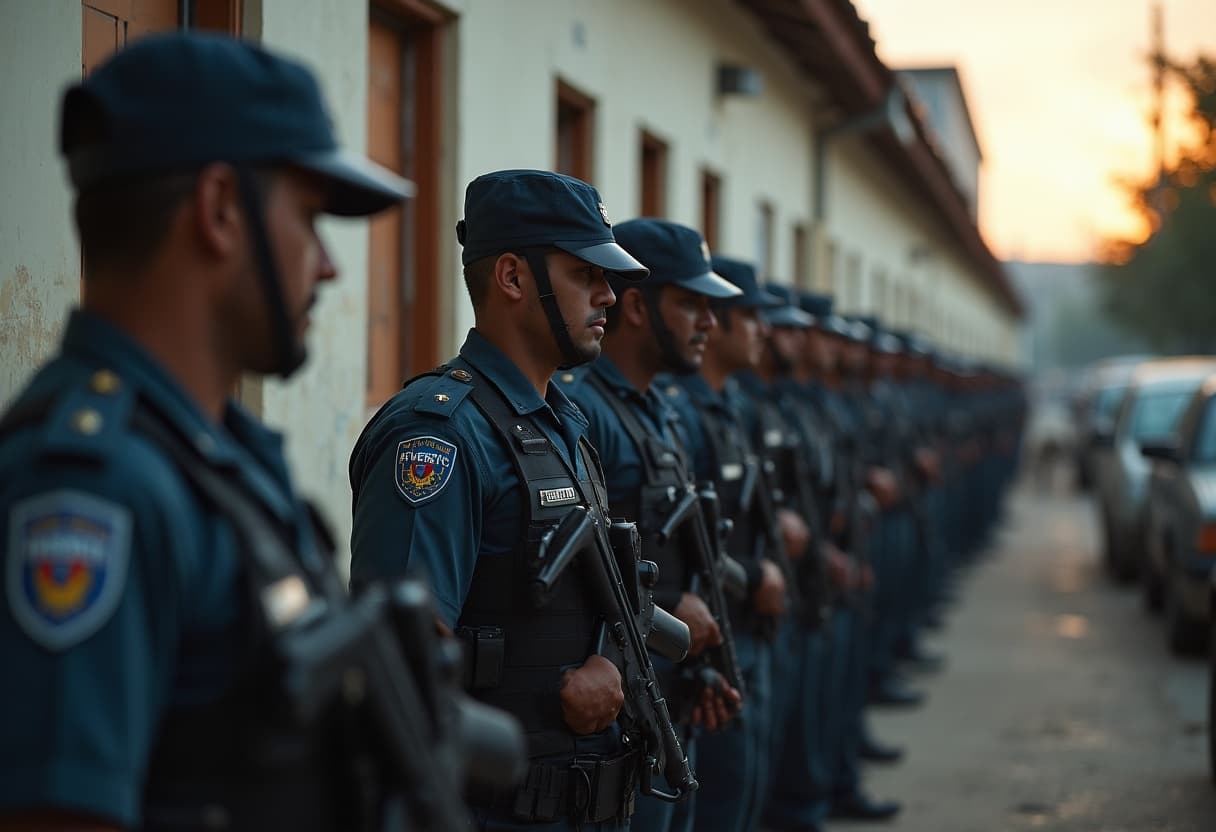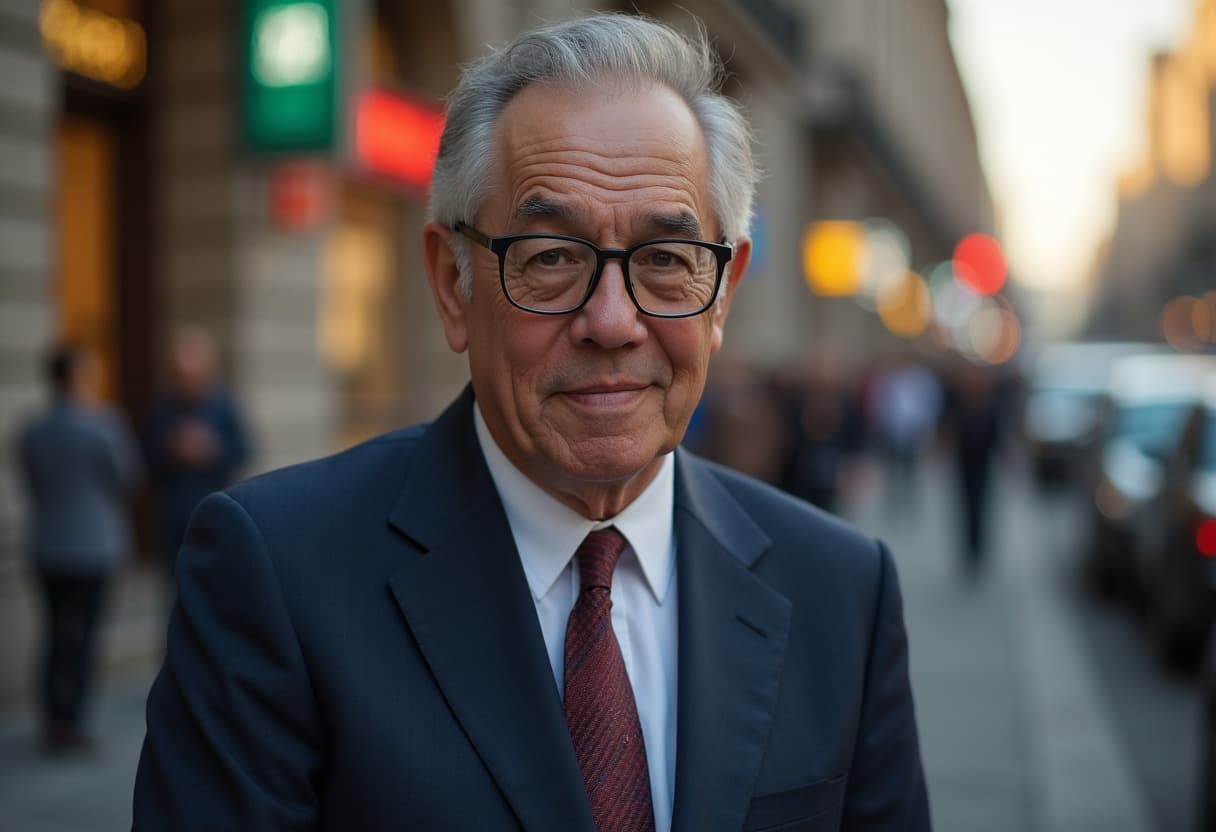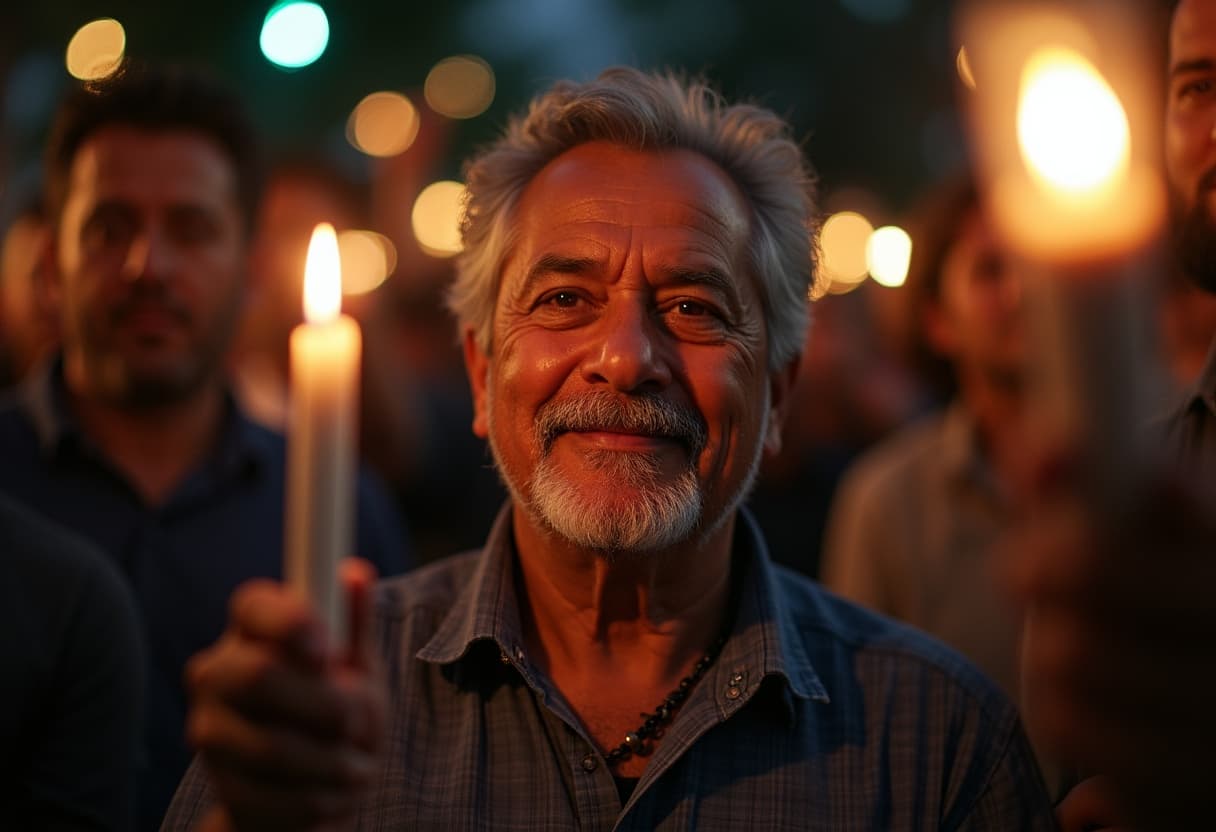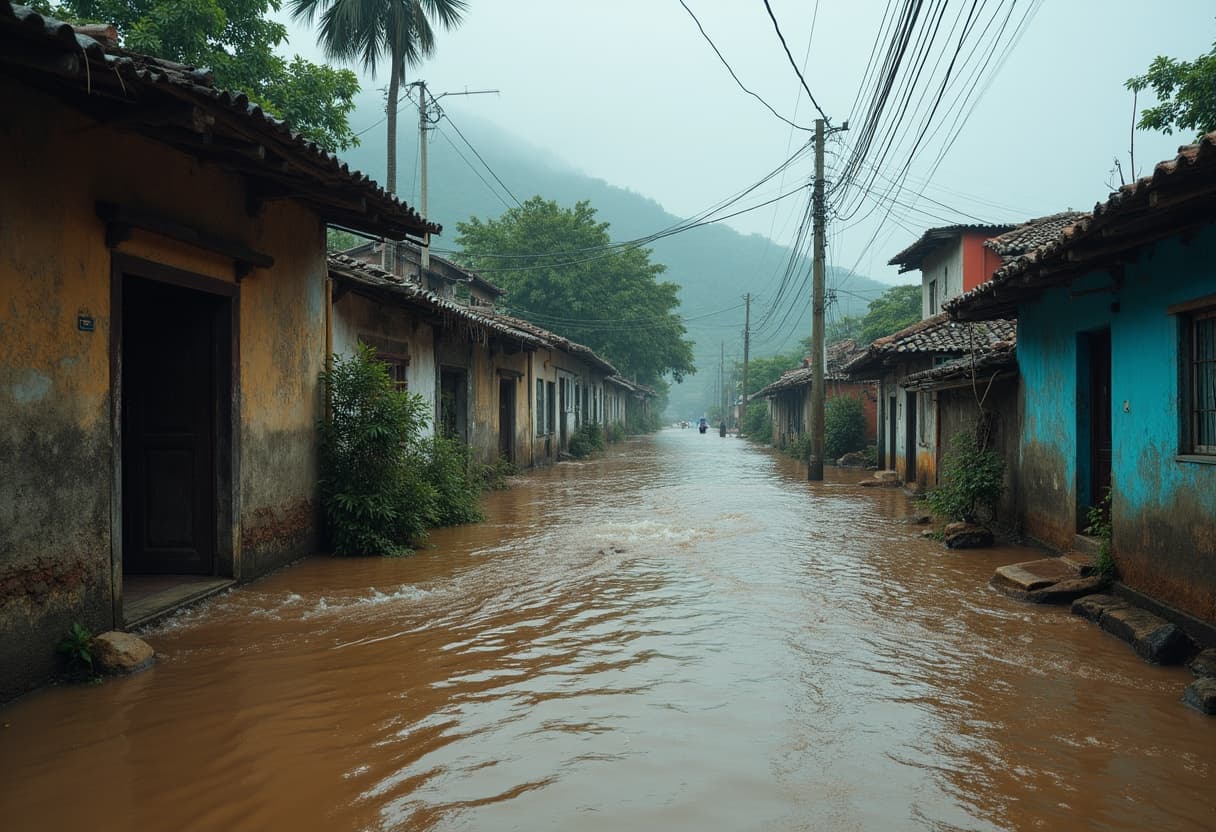Brazen Prison Escape Sparks Nationwide Crisis in Guatemala
In a shocking turn of events, 20 inmates linked to the notorious Barrio 18 gang executed a daring prison escape in Guatemala, igniting a massive law enforcement response across the country. The incident, which authorities revealed only after the inmates had fled over an extended period, has exposed deep vulnerabilities within the nation’s correctional system and heightened fears about regional security.
The Escape Unfolded Under the Radar
Guatemala’s Interior Minister, Francisco Jiménez, candidly addressed the press on Monday, acknowledging the troubling reality: "I'm not going to deny the reality — there's no good explanation for how these inmates were able to slip out, possibly over time, even during prison visits." The escape was not a singular event but rather a carefully concealed operation that exploited systemic weaknesses.
Experts suggest that the involvement of prison staff, whether through negligence or collusion, might have played a role— a longstanding issue in Guatemala’s correctional facilities where corruption has flourished unchecked. This incident lays bare the ongoing challenges facing law enforcement and the prison system.
Context: Barrio 18’s New Designation as a Terrorist Organization
Adding urgency to the manhunt is the recent designation by United States authorities of Barrio 18 as a foreign terrorist organization—a status previously reserved for the region’s most dangerous drug cartels. This move signals a shift in how international partners view the gang’s threat, not only locally but across borders.
The United States Embassy in Guatemala characterized the escape as "utterly unacceptable" and urged the Guatemalan government to act swiftly and decisively to recapture the fugitives. This international pressure underscores the broader security implications extending beyond Guatemala’s borders.
Government Response and Political Fallout
In response to the escape, President Bernardo Arévalo’s administration has launched a sweeping crackdown involving over 45,000 police officers nationwide in pursuit of the escaped inmates. Coordinated efforts with Interpol and neighboring countries like Mexico are underway to track the fugitives and prevent further cross-border threats.
The fallout has been significant: several prison officials have been removed from their posts amid mounting scrutiny, and both ruling party members and opposition lawmakers are demanding a transparent and thorough investigation into the escape. The incident threatens to undermine public confidence in state institutions already grappling with corruption and governance challenges.
Why This Matters: A Deeper Look
- Public Safety Concerns: The escape places communities at heightened risk, especially in areas where Barrio 18 already exerts influence.
- Cross-Border Security: Given Barrio 18's transnational operations, this escape could fuel criminal activity beyond Guatemala’s borders, affecting regional stability and U.S. homeland security.
- Institutional Integrity: The event spotlights the urgent need for reforms within Guatemala’s penal system to address corruption and improve oversight.
- Policy Implications: The U.S. terrorist designation and international cooperation may lead to new strategies in combating gang violence and organized crime in Central America.
Expert Perspective: The Challenge of Gang Violence in Central America
According to security analysts specializing in Central American affairs, the prison escape exemplifies the entrenched difficulties faced by governments combatting gangs like Barrio 18 and MS-13. The gangs have evolved from street-level criminal groups into powerful entities with deep social and political reach.
"Guatemala and its neighbors must prioritize strengthening judicial and correctional institutions, alongside community-based interventions to break the cycle of violence and corruption," asserts Dr. Elena Morales, a Latin America security expert. "Without comprehensive reform, such incidents will continue to undermine both national and regional security.
Looking Ahead: What Comes Next?
With the manhunt intensifying, the key questions remain: Will Guatemala manage to recapture the fugitives swiftly? Can this crisis serve as a catalyst for much-needed reform in the nation’s penal and security systems? And critically, how will international partners balance pressure with support to strengthen Guatemala's fight against pervasive gang violence?
Editor's Note
This prison break exposes more than the immediate failures within a single facility; it reflects broader systemic challenges underlying Guatemala’s ongoing battle against organized crime and institutional corruption. As the government mobilizes the largest police operation in recent memory, the eyes of the region and world are on Guatemala, watching whether decisive action and reform will follow, or whether instability will deepen. For readers, this story serves as a stark reminder of how organized crime continues to test governance in vulnerable regions, with ripple effects that extend far beyond national borders.











